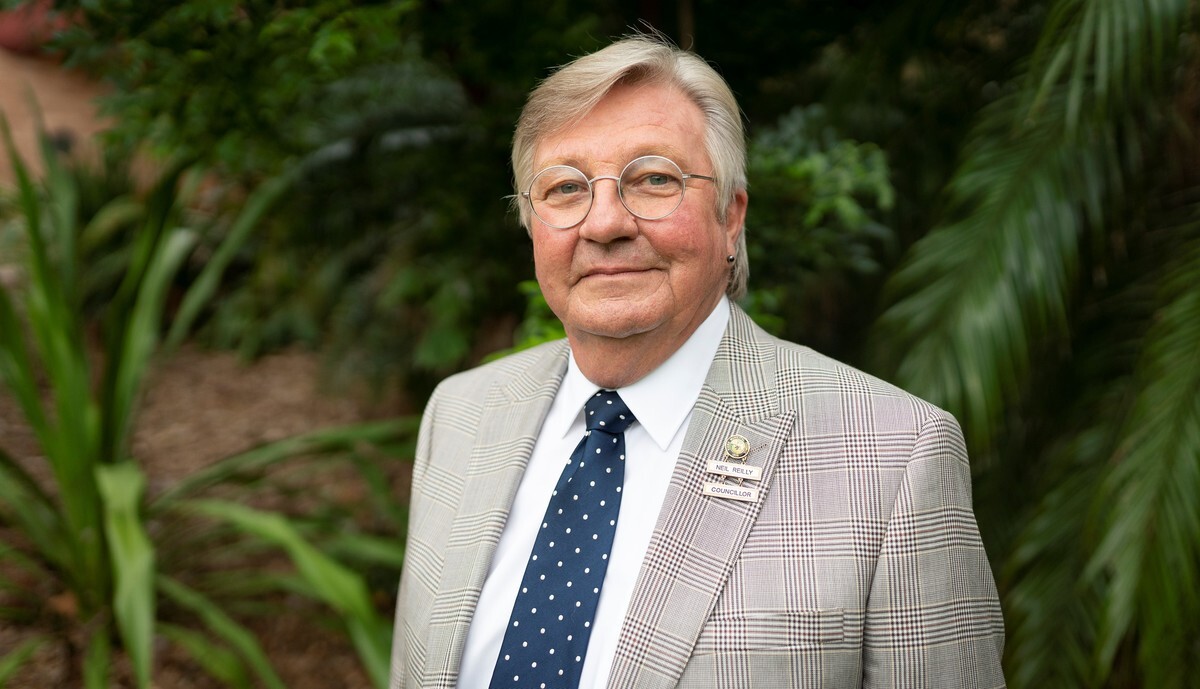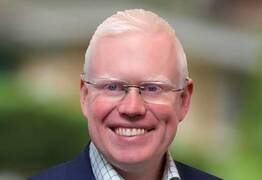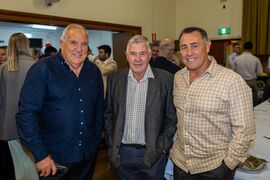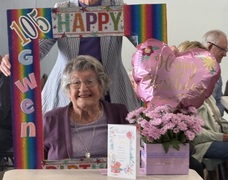Between expertise and democracy: Reflections from my time as Mayor
Local Contributor
28 May 2025, 1:00 AM
 Former Kiama Mayor Neil Reilly.
Former Kiama Mayor Neil Reilly.By Neil Reilly, former Mayor of Kiama
During my term as Mayor of Kiama from 2021 to 2024, I found myself not only in the centre of civic life but at the heart of a difficult paradox - how to balance the will of the people with the reality of numbers.
It’s no exaggeration to say that the town faced an existential financial crisis, largely the result of past decisions made with good intentions but poor foresight.
Money, mostly borrowed, had been committed to a second aged care facility - a noble idea rooted in community values.
However, it was modelled on cashflows from an older, established facility without accounting for fundamental differences in viability.
Worse still, Council funds had not been clearly separated into restricted and unrestricted accounts. It became clear that the business model underpinning the expansion was flawed, and the financial governance even more so.
The burden of repair fell to our council, and much of my time as Mayor was devoted to stabilising our finances.
This often meant adopting a technocratic lens: placing evidence, financial discipline, and expert advice above short-term political popularity. It worked.
The bleeding slowed. But the process raised a deeper question in me: is there a middle ground between technocracy, which saved us, and representative democracy, which got us into trouble?
The answer, I believe, lies not in choosing between them, but in bridging them. Technocracy brings rigour and expertise. Democracy brings legitimacy and values.
Both are essential, but when unbalanced, either can fail the community. In Kiama’s case, democracy without guardrails led to overreach.
But pure technocracy, applied too coldly, risks disconnecting from the very people it seeks to help. So how do we govern wisely?
We need democratic institutions that welcome expertise, not resent it. We need technical frameworks - like clear fund restrictions, mandatory risk reviews, and transparent reporting that support political decisions rather than replace them.
We need leaders who tell the truth, even when it’s hard, and who respect the electorate enough to trust them with complexity.
We also need better ways to involve people, not just through elections every few years, but through deliberative processes that bring citizens into the room before the decision is made.
In a crisis, it’s tempting to retreat to technocracy for safety. But in the long run, democracy must prevail - not as sentiment, but as informed, shared responsibility.
I’m proud of what we did in Kiama.
We pulled the town back from the brink. But I’m also aware that the repair was only the beginning.
Now, the challenge is to embed structures that prevent crisis, invite wisdom, and make the practice of democracy as strong as the principles it rests on.
NEWS




